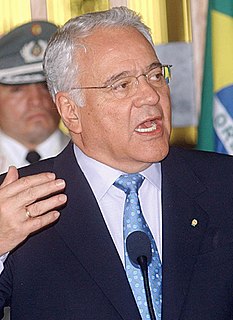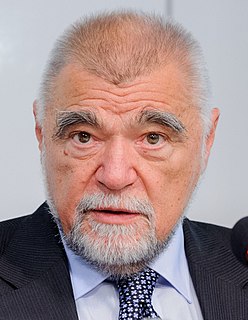A Quote by Arundhati Roy
Violating human rights is integral to the project of neoliberalism and global hegemony.
Quote Topics
Related Quotes
The idea of cultural relativism is nothing but an excuse to violate human rights. Human rights is the fruit of various civilizations. I know of no civilization that tolerates or justifies violence, terrorism, or injustice. There is no civilization that justifies the killing of innocent people. Those who are invoking cultural relativism are really using that as an excuse for violating human rights and to put a cultural mask on the face of what they're doing.
This, then, is the truth of the discourse of universal human rights: the Wall separating those covered by the umbrella of Human Rights and those excluded from its protective cover. Any reference to universal human rights as an 'unfinished project' to be gradually extended to all people is here a vain ideological chimera - and, faced with this prospect, do we, in the West, have any right to condemn the excluded when they use any means, inclusive of terror, to fight their exclusion?






































